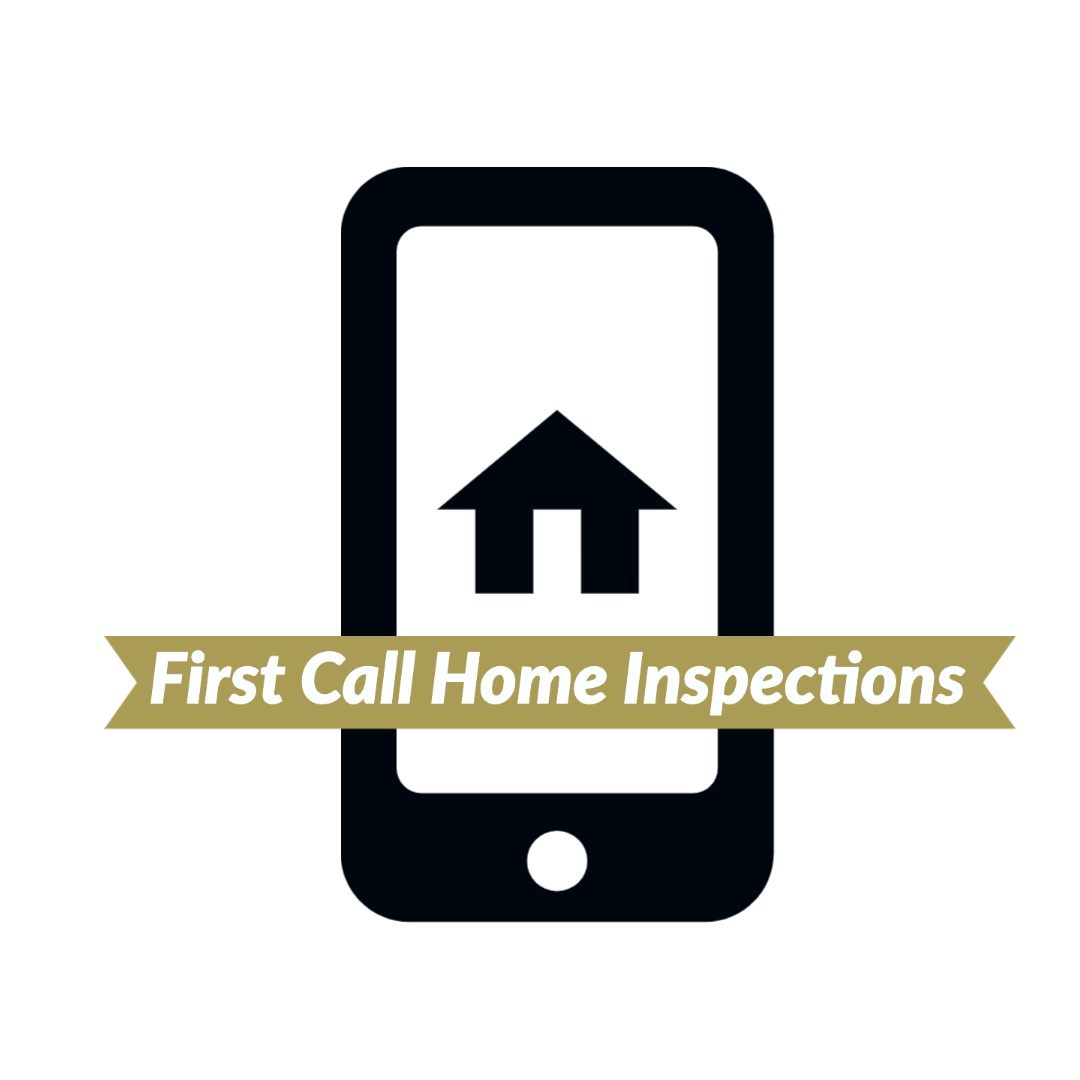You have a new home! Now what?
Upon taking ownership of your new home, we recommend doing the following:
Re-key the locks on all exterior doors, for security purposes.
Install smoke detectors on each level of the home; install carbon monoxide detectors where any fossil fuels may be burned, i.e. near heater, gas range, garage entries, fireplaces, etc. If these devices are already present, change the batteries and make a note of when you did to schedule future battery replacements the same time next year.
Install fire extinguishers near stoves, in garages, and keep one handy near fireplaces and wood stoves.
Create a fire exit plan to evacuate your home in the event of fire or other emergency.
Make repairs of any trip hazards that were not repaired prior to settlement to avoid possible injury. (Both inside and out).
Review your inspection report for any main shutoff location for water, gas, and electrical systems. (These locations will be pointed out to you if you joined your inspector during inspection.) Remember the inspection will be filled with helpful maintenance tips and other projects that will need your attention. Use it as a sort of “owners manual” to systems in your new home.
Seasonal Maintenance Items:
Check that your fire extinguishers are fully charged.
Test smoke alarms and carbon monoxide detectors to make sure they are working properly.
Remove and clean/replace heating and cooling filter elements.
Inspect and clean electronic air cleaners and humidifiers.
Clean your gutters and downspouts to ensure proper water flow.
Check plumbing fixtures for leaks. These are used many times daily and a leak can happen quickly.
Check your water bill, sewer bill and energy bills for excessive costs. Often times these can point to a leak or even a failing electrical device, such as your refrigerator.
Check your roof and flashings for signs of damage.
Check attic for evidence of leaks, make sure vents are not clogged, and level out the insulation, if necessary.
Trim back trees and shrubs away from the home.
Check the basement for evidence of leaks.
Check all walks for movement and repair any trip hazards that may develop.
Clean and operate all windows and doors.
Test all GFCI and AFCI devices installed for proper working condition.
Shut off exterior hose bibs in the fall; turn back on in the spring.
Test your TRP (temperature pressure relief) valve on your hot water heater.
Inspect for evidence of vermin, termites and insects and treat as needed.
Test your garage doors and clean and lubricate all moving parts.
Clean or replace exhaust fan filters.
Service, clean or inspect all major appliances in your home per manufacturers recommendations.
Annual Maintenance:
Replace all smoke detector batteries and carbon monoxide detector batteries.
Every 6 months, have all heating, cooling and water systems serviced and cleaned.
Inspect chimneys and clean them.
Examine all electrical panels and operate breakers to ensure they are not sticking.
If you have well water, have your well tested and have your pump and service tank inspected for leaks or evidence of wear.
All homes are vulnerable to wood destroying insects (termites, carpenter bees, carpenter ants, etc.), have your home inspected annually by a professional and treated if necessary.
Your home is the single largest investment of your lifetime. Take these measures to protect your investment.

